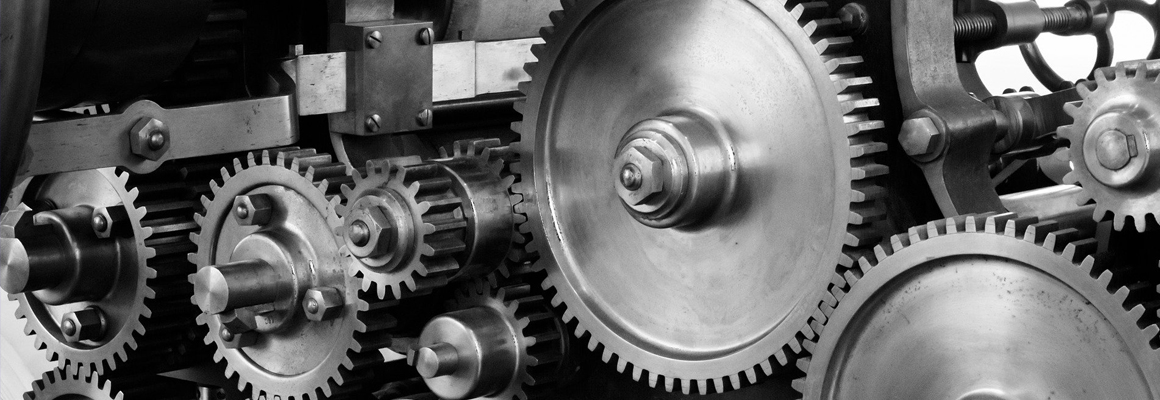In today’s fast-paced manufacturing world, filling machines are essential tools in industries such as food & beverage, pharmaceuticals, cosmetics, and chemicals. But why exactly is a filling machine so important?
The answer lies in efficiency, accuracy, hygiene, and scalability. Manually filling containers is slow, inconsistent, and prone to contamination. A filling machine automates the process, ensuring consistent fill volumes, reducing product waste, improving hygiene, and drastically speeding up production. For companies aiming to grow and remain competitive, a filling machine is not just a convenience—it’s a necessity.
How Do Filling Machines Work?
Filling machines operate by dispensing a pre-set amount of product—liquid, powder, paste, or granules—into containers such as bottles, jars, or pouches. Depending on the product and container type, the machine may use one of several mechanisms:
Gravity feeding for low-viscosity liquids
Piston or pump systems for thicker liquids or pastes
Auger or vacuum mechanisms for powders and granules
Sensors and programmable controls ensure precise volume measurement and repeatability, minimizing human error.
What Is a Filling Machine Used For?
Filling machines are used across many sectors to ensure the fast, clean, and accurate packaging of products. Common uses include:
Food and beverage: sauces, water, milk, wine, jams
Pharmaceuticals: syrups, pills, powders
Cosmetics: lotions, shampoos, creams
Industrial chemicals: lubricants, detergents, sealants
Without filling machines, these industries would struggle to meet demand while maintaining safety and consistency.
Types of Filling Machines
Filling machines come in a variety of types, each designed for a specific purpose:
Liquid filling machines: Used for low- to high-viscosity liquids like beverages or oils
Powder filling machines: For dry powders like flour or pharmaceutical powders
Paste filling machines: Ideal for semi-solids like toothpaste or sauces
Volumetric filling machines: Dispense by volume, often using pistons or pumps
Weighing filling machines: Measure by weight for precise fill accuracy
Vacuum filling machines: Often used in the cosmetics industry to avoid air bubbles
Each type is optimized for a certain consistency or packaging style.
Liquid Filling Machine vs Powder Filling Machine
The main difference between these machines lies in the product’s physical form:
Liquid filling machines typically use pumps or gravity systems and require sealing technology that prevents spills or overflow.
Powder filling machines, on the other hand, often use auger screws or vacuum systems to ensure precise fills without creating airborne dust.
Choosing between the two depends entirely on your product’s consistency and packaging requirements.
How to Choose a Filling Machine
When selecting a filling machine for your operation, consider the following factors:
Product type and viscosity
Required fill accuracy
Production speed (bottles/units per minute)
Container size and material
Cleanliness and compliance standards (e.g., FDA, GMP)
Budget and scalability
It’s wise to consult with a supplier who can tailor recommendations to your unique production line.
Filling Machine Maintenance and Troubleshooting
Like any mechanical system, filling machines require regular maintenance to ensure peak performance:
Daily cleaning (especially in food/pharma environments)
Lubrication of moving parts
Inspection for nozzle clogs, sensor faults, or pump wear
Software updates and calibration checks
If issues arise—like inconsistent fill levels or product spillage—troubleshooting often begins with checking for obstructions, misaligned parts, or control panel errors. A well-maintained machine minimizes downtime and extends the equipment’s lifespan.
Final Thoughts
In summary, a filling machine plays a vital role in modern manufacturing, offering benefits in speed, precision, hygiene, and productivity. Whether you're filling bottles of juice or jars of face cream, the right filling machine can transform your operations and unlock growth potential.



Comments
All Comments ( 0 )